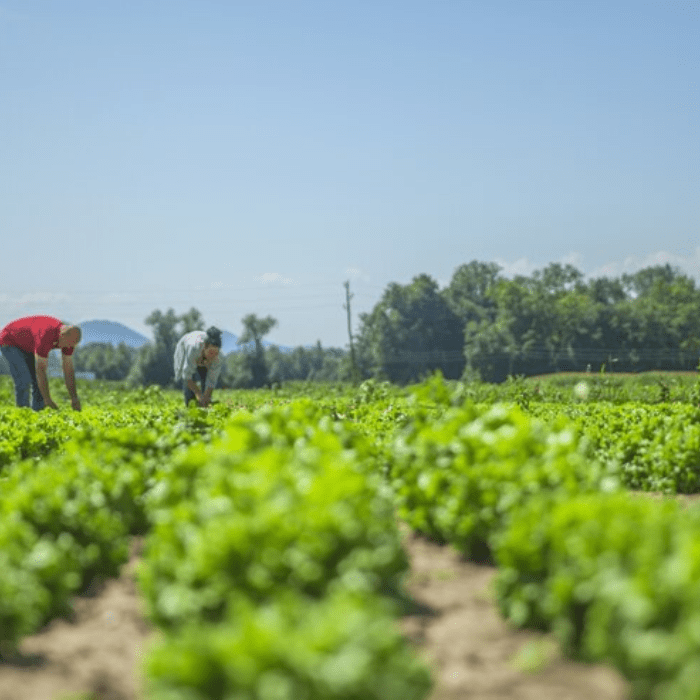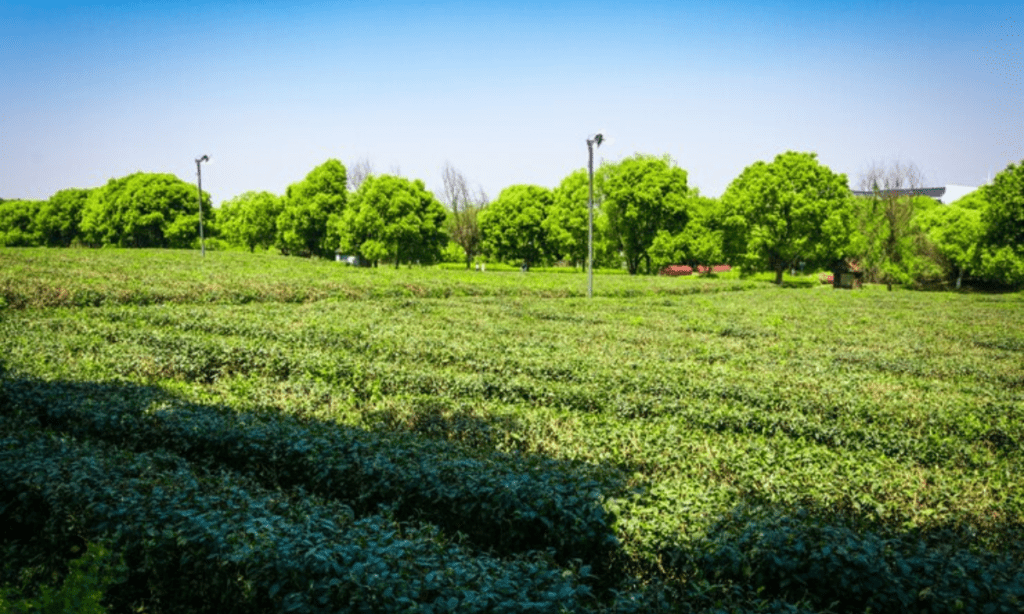Introduction to Organic Compost
Organic compost is a vital component in the practice of regenerative organic farming. Made from decomposed organic materials like plant residues, animal manure, and other biodegradable wastes, organic compost enriches the soil, enhances its structure, and provides essential nutrients to crops. Unlike chemical fertilizers, which can degrade soil health over time, organic compost nurtures the ecosystem, promoting long-term sustainability.
The Role of Organic Compost in Soil Health
One of the key aspects of regenerative organic farming is maintaining and improving soil health. Organic compost plays a crucial role in this process by:
-
Improving Soil Structure: The organic matter in compost helps to bind soil particles together, creating a crumb-like structure that improves aeration, water retention, and root penetration. This structure supports the growth of beneficial microorganisms that contribute to soil fertility.
-
Enhancing Nutrient Availability: Compost is rich in essential nutrients such as nitrogen, phosphorus, and potassium, as well as trace elements that plants need to thrive. These nutrients are released slowly, ensuring that crops have a steady supply throughout their growth cycle.
-
Promoting Microbial Activity: Compost introduces a diverse community of microorganisms into the soil. These microbes break down organic matter, releasing nutrients and creating a balanced ecosystem that supports plant health. This microbial activity also helps suppress soil-borne diseases and pests, reducing the need for chemical interventions.
-
Boosting Soil Carbon Sequestration: Organic compost contributes to carbon sequestration by increasing the organic carbon content in the soil. This not only improves soil fertility but also helps mitigate climate change by reducing the amount of carbon dioxide in the atmosphere.


Organic Compost and Crop Yield
In regenerative organic farming, the focus is not just on yield but on the overall health of the farming system. However, organic compost can significantly enhance crop yield by providing plants with the nutrients they need for robust growth. By improving soil fertility and structure, compost allows crops to reach their full potential, resulting in higher yields and better-quality produce.
Sustainable Farming Practices
Using organic compost in regenerative organic farming aligns with sustainable agriculture principles. It reduces the reliance on synthetic fertilizers and pesticides, minimizes environmental pollution, and supports biodiversity. By recycling organic waste into compost, farmers can close the nutrient loop, creating a self-sustaining system that benefits both the environment and the community.
Fostering Biodiversity Through Organic Compost
Biodiversity is at the heart of regenerative organic farming, and organic compost plays a key role in fostering it. By supporting a wide range of soil life, compost encourages the presence of beneficial insects, fungi, and bacteria. This biodiversity not only aids in nutrient cycling but also helps in the natural control of pests and diseases, reducing the need for chemical pesticides.
Also Read: Roc Certfied essential oil
Composting as a Climate Solution
Regenerative organic farming, with the use of organic compost, plays a vital role in addressing climate change. By enhancing soil carbon sequestration, compost helps to draw down carbon dioxide from the atmosphere, storing it in the soil where it contributes to soil fertility. This process, known as carbon farming, is a powerful tool in the fight against global warming, aligning with the goals of sustainable agriculture.
Conclusion: Organic compost is a cornerstone of regenerative organic farming, offering a multitude of benefits that extend beyond soil health to encompass environmental sustainability, crop resilience, and climate mitigation. By incorporating organic compost into our farming practices at Creation Biotech, we are not only improving the quality of our produce but also contributing to a global movement towards sustainable agriculture. Join us in our commitment to building a regenerative future, one compost pile at a time.


